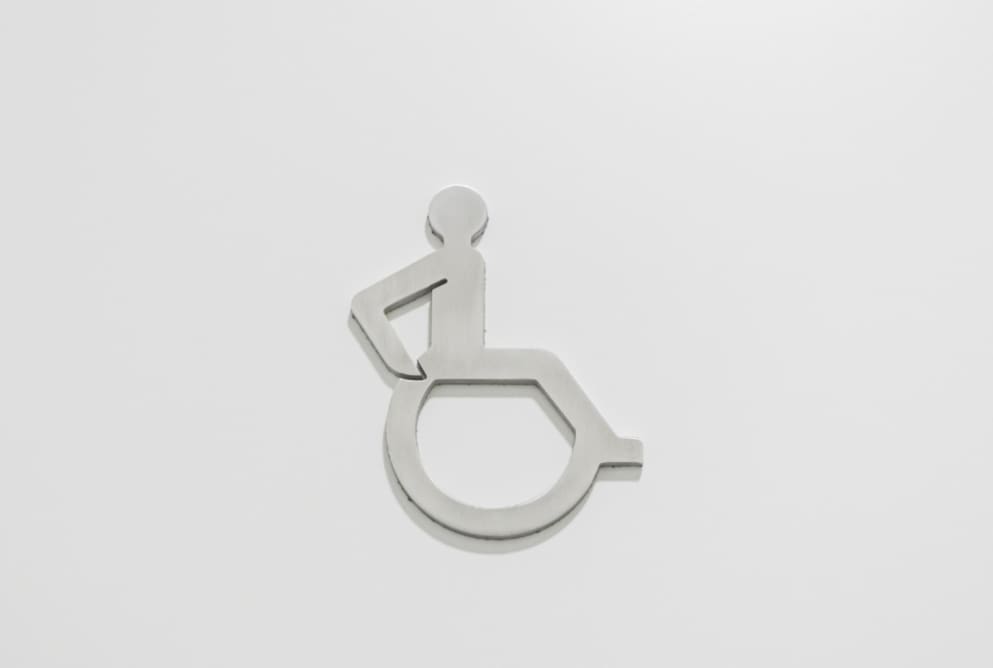Every marginalised group faces their own unique challenges. For those with disabilities, certain risk factors such as finding work and financial instability can lead them at a disproportionate risk of homelessness.
Researchers from the University of Bristol and the University of Leicester have recently published a report supporting the evidence that those with disabilities are far more likely to experience homelessness in their lifetime. According to the report, the number of people made homeless by physical ill health or disability increased by an enormous 73% between 2018 and 2022.
And the issue goes further than this. Once in the cycle of homelessness, there’s strong evidence to suggest that it’s much harder for those with disabilities to break away. Let’s take a look at why.
Lack of accessible housing
There is a distinct lack of accessible housing in the UK. If you’re someone in a wheelchair or with limited mobility, this makes it pretty tough to find any kind of long term accommodation, especially in your local area.
The report explains that only around 7% of homes offer the most basic of accessibility features. Less than 1% are wheelchair suitable.
Those with intellectual disabilities or mental health conditions may need access to housing with appropriate support, for their own safety, and the safety of others. One report suggested that as many as 13% of those living in supported accommodation have an intellectual disability, and these are only those who have been formally diagnosed. Those with intellectual disabilities will often fall outside mainstream data so it’s suspected this figure could be significantly higher.
Whether a person’s needs are physical, intellectual or a combination of both, it’s clear there’s a desperate need for an increase in fully accessible, and more heavily supported housing for those living with disabilities.
Barriers to support
A fractured welfare system means it’s increasingly hard for people to access the support they need before reaching crisis point. Local authorities have a duty to provide safe housing for vulnerable people at risk of homelessness, but long wait times and complicated processes often mean that people will be left waiting for weeks, or even months before the local authority can begin to help.
Not to mention the fact that meeting a disability threshold can be extremely challenging. Particularly for those with intellectual disabilities who may find it difficult to to bring the appropriate documentation together without support.
With disputes amongst local authorities around the definition of ‘disability’ - whether this includes mental health conditions for example, and whether they’re able to take into account self-diagnosed conditions, inconsistencies are inevitable. And these inconsistencies are having a detrimental effect on those experiencing homelessness in this demographic.
A recent audit showed that over 80% of those experiencing homelessness in the UK have a mental health condition. It’s therefore critical that local authorities agree on appropriate provisions as soon as possible, since even if they’re able to access support at all, provisions are often minimal.
What can we do?
The purpose of the researcher’s report is to ‘End with Evidence’. Those with disabilities are often left out of crucial conversations around policies and action when it comes to tackling homelessness in the UK. It’s only with this kind of data and evidence that we can hope to make a dent in politicians’ agendas, and make this crisis impossible to ignore.
We’d urge you to read the full report.
And if you’d like to find out more about how you can support the work of homeless charities like Simon on the Streets, please speak to our fundraising team today - we can’t do it without you.
